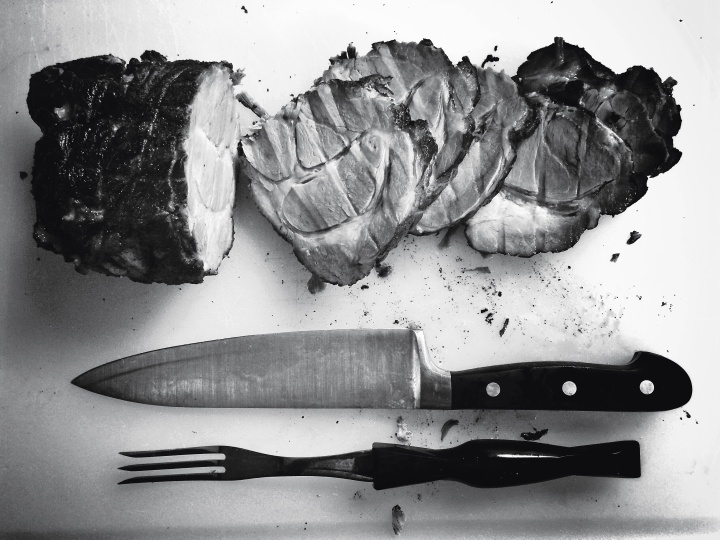Not Only a Matter of Diet

If at any time the distinctions between clean and unclean meats had ceased to exist, shouldn’t that have been made clear in the Bible through the example of God’s servants?
On the contrary, well into the time of the early Church we find Christ’s followers scrupulously avoiding eating animal flesh that God had revealed as being unclean (Acts 10:14; 11:8). Prophecies of the time of the end make the same distinctions (Revelation 18:2; Isaiah 66:15-17).
But there’s more to the matter than diet. A thorough study of the Bible helps us understand other dimensions to the significance of the distinctions between clean and unclean meats.
God’s Word describes the flesh of unclean animals as an “abomination” (Leviticus 11:10-13, 20, 23, 41-42) and “detestable” (Deuteronomy 14:3)—and in that light we are warned against consuming such meat (Leviticus 11:43). Strong language, but the lesson is that we need to accept all aspects of the Bible, including the basic food laws in Leviticus 11 and Deuteronomy 14.
In instituting the sacrificial system for ancient Israel, God commanded many specific sacrifices involving animals. Nowhere, however, does He command or allow the sacrifice of an unclean animal, nor is there a record of any of God’s servants ever sacrificing such an animal to Him.
Such a sacrifice would have joined the holy with that which God had designated unclean and defiled. It would have been simply unthinkable to a true servant of God because it would have been an affront to the Creator Himself.
